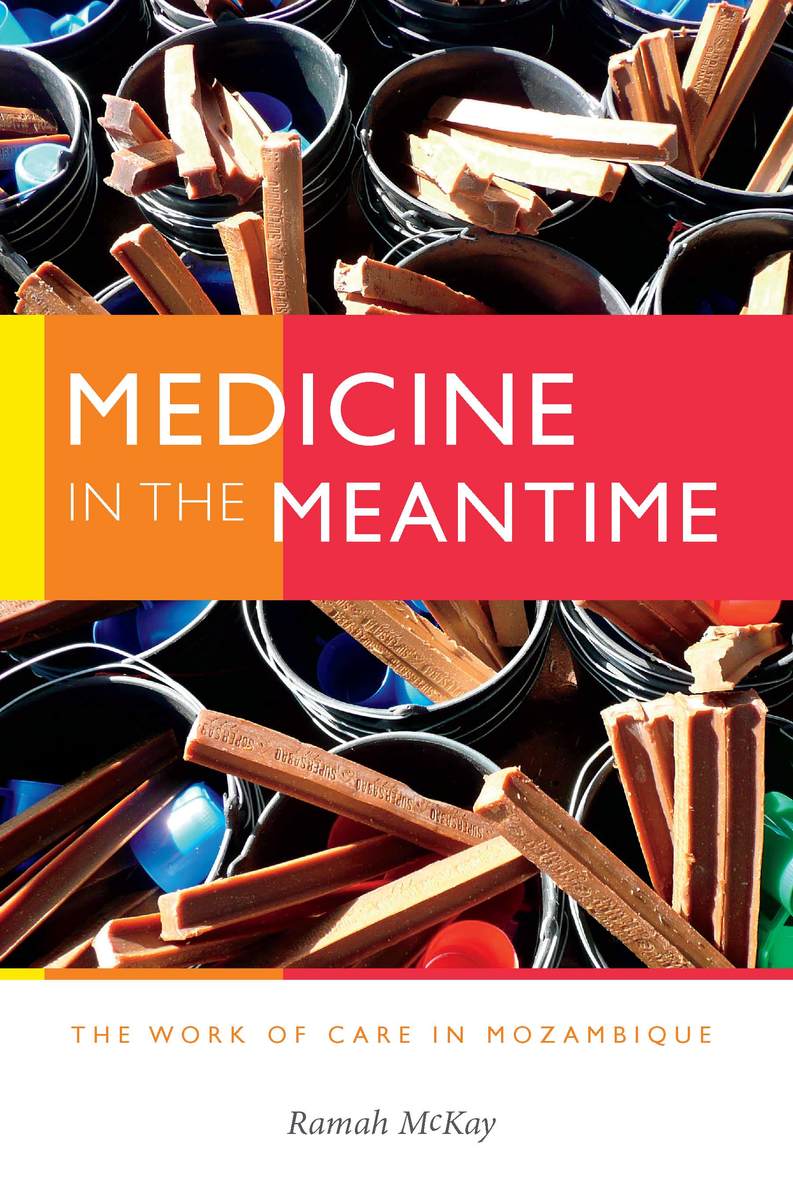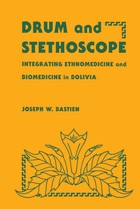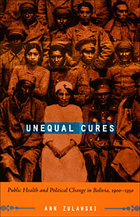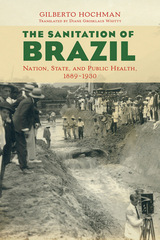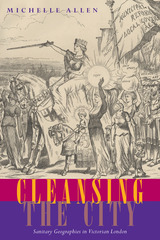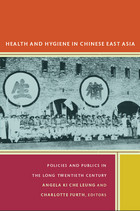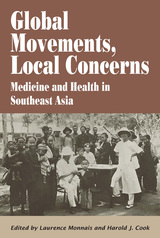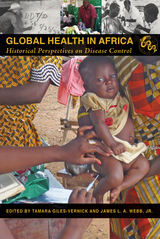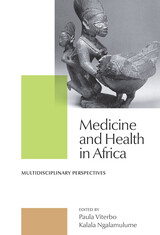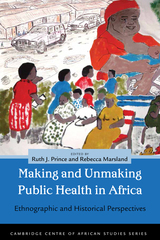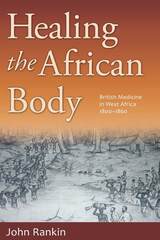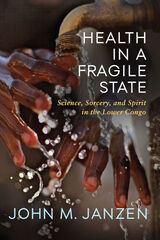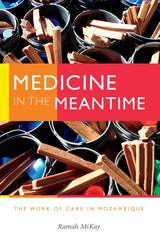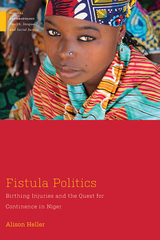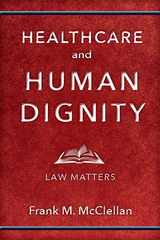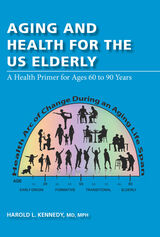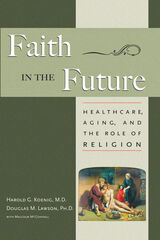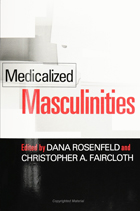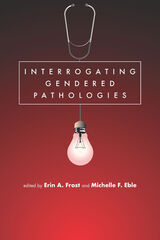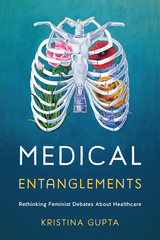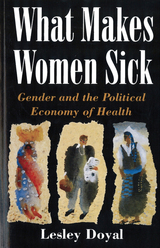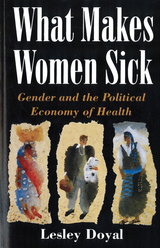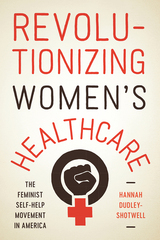Medicine in the Meantime: The Work of Care in Mozambique
Duke University Press, 2018
Paper: 978-0-8223-7019-2 | eISBN: 978-0-8223-7219-6 | Cloth: 978-0-8223-7010-9
Library of Congress Classification RA552.M68M353 2018
See other books on: East | International cooperation | Medical care | Non-governmental organizations | Public health
See other titles from Duke University Press
Paper: 978-0-8223-7019-2 | eISBN: 978-0-8223-7219-6 | Cloth: 978-0-8223-7010-9
Library of Congress Classification RA552.M68M353 2018
ABOUT THIS BOOK | AUTHOR BIOGRAPHY | REVIEWS | TOC | REQUEST ACCESSIBLE FILE
ABOUT THIS BOOK
In Mozambique, where more than half of the national health care budget comes from foreign donors, NGOs and global health research projects have facilitated a dramatic expansion of medical services. At once temporary and unfolding over decades, these projects also enact deeply divergent understandings of what care means and who does it. In Medicine in the Meantime, Ramah McKay follows two medical projects in Mozambique through the day-to-day lives of patients and health care providers, showing how transnational medical resources and infrastructures give rise to diverse possibilities for work and care amid constraint. Paying careful attention to the specific postcolonial and postsocialist context of Mozambique, McKay considers how the presence of NGOs and the governing logics of the global health economy have transformed the relations—between and within bodies, medical technologies, friends, kin, and organizations—that care requires and how such transformations pose new challenges for ethnographic analysis and critique.
See other books on: East | International cooperation | Medical care | Non-governmental organizations | Public health
See other titles from Duke University Press
